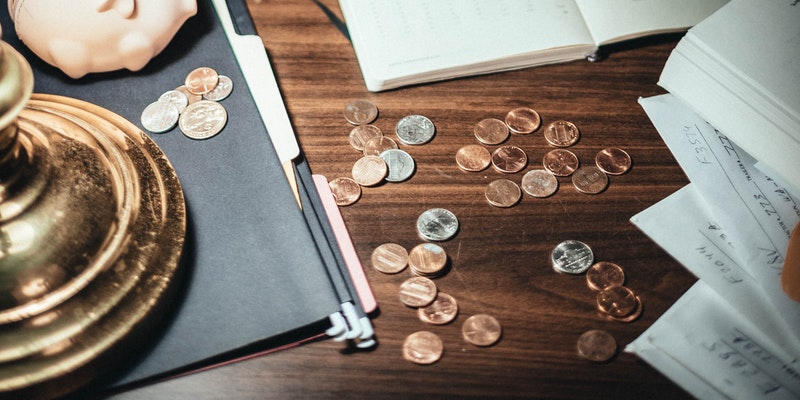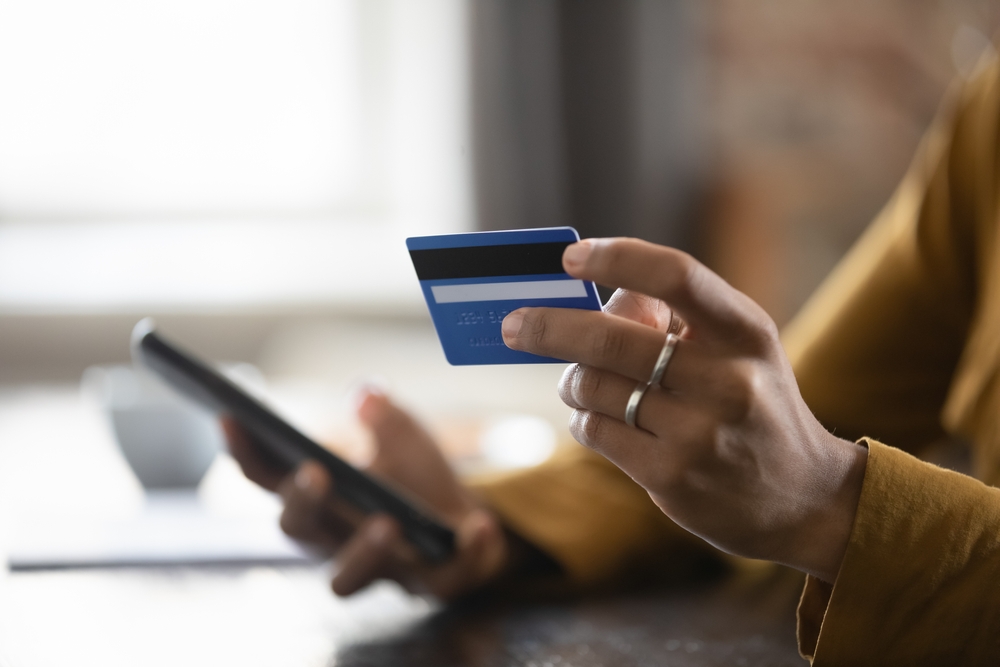What types of consumer debts does Legal Recoveries & Collections recover?
Legal Recoveries & Collections handles a broad range of consumer debts including utility bills, student loans, vehicle finance, phone contracts, dental and veterinary fees, and any other debts incurred by individuals owed to businesses. We embrace both Consumer Credit Act (CCA) regulated and non-CCA debts, employing compliant, specialist strategies tailored to consumer debt challenges.
What is the typical process for consumer debt recovery?
The process usually starts with pre-legal contact, including data cleansing followed by letters, emails, phone calls, and SMS texts spread over approximately 30 days. If the debt remains unpaid, a Letter Before Action (LBA) compliant with the Debt Recovery Pre-Action Protocol is sent, giving the debtor 30 days to respond. If there is no response, a County Court Claim may be issued, potentially resulting in a County Court Judgment (CCJ) that allows enforcement actions.
How does Legal Recoveries & Collections ensure compliance with consumer credit regulations?
LRC strictly follows UK consumer credit laws, including the Consumer Credit Act 1974 and FCA regulations. Our communications are conducted fairly and transparently, ensuring debtors’ rights are respected without aggressive or misleading tactics. Compliance with the Debt Recovery Pre-Action Protocol 2017 ensures the consumer receives proper notice and the opportunity to respond before legal action begins.
What should I provide to start consumer debt recovery?
You should supply comprehensive documentation, including invoices, contracts, account statements, details of prior communications, and debtor information such as full name and address. This helps us verify the debt and tailor communications appropriately, improving collection success while adhering to legal standards.
Can you recover consumer debt that is regulated by the Consumer Credit Act?
Yes, LRC has expertise in managing CCA-regulated debts, which include credit agreements and certain loans. Our approach respects the stricter rules around such debts, ensuring claims are valid and compliant before proceeding with recovery or legal action.
How long does consumer debt recovery usually take?
Many consumer debts are settled during the pre-legal phase, typically within 30 days. If escalated to court proceedings, obtaining a CCJ and subsequent enforcement can take several weeks to months depending on the debtor’s responses and case complexity. LRC provides regular updates so you remain informed throughout the process.
What enforcement options are available if a consumer debt is not paid after judgment?
Following a CCJ, enforcement options include bailiff visits to seize goods, attachment of earnings orders to deduct money from salaries, charging orders on properties, or bankruptcy proceedings where applicable. LRC advises on the most appropriate enforcement based on debtor circumstances and legal restrictions.
Can repayment plans be arranged for consumers who cannot pay in full?
Yes, LRC works with consumers to establish affordable repayment plans based on their financial situations, often after receiving a Personal Financial Statement (PFS). This flexible approach facilitates fair resolution and often reduces the need for formal legal action.
How does Legal Recoveries & Collections protect my business reputation during consumer debt recovery?
We prioritise professional, respectful communication that aligns with regulatory requirements and consumer sensitivities. Our approach reduces the risk of negative publicity or complaints, helping maintain your brand reputation while achieving effective recovery.
What happens if the consumer disputes the debt?
If a dispute arises, LRC will seek to understand the debtor’s concerns, review your evidence, and aim to resolve the matter amicably where possible. If disputes cannot be settled, the case may proceed to court where both parties present their arguments, and a judgment is made.





